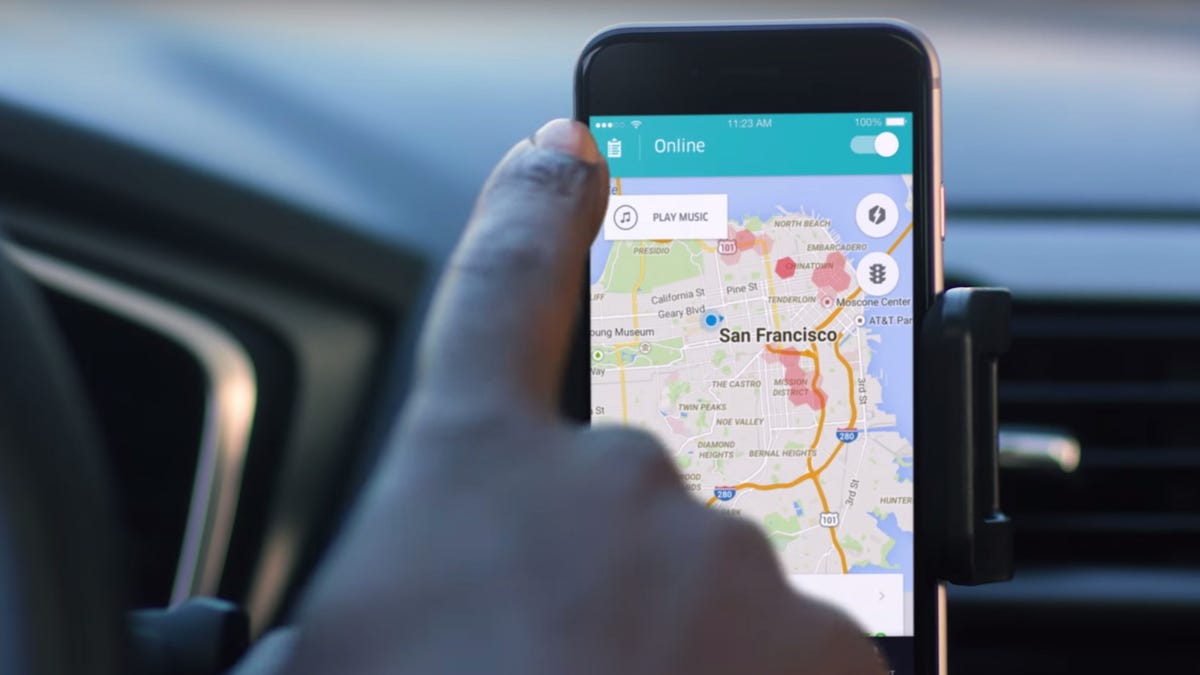Massachusetts to tax ridesharing, give money to taxi companies
It's a literal case of nickel-and-diming.

Ridesharing companies aren't allowed to add the fee right to your bill, so it will have to bump up the cost in other ways.
Governments the world over are still figuring out how to deal with the fast-growing popularity of ridesharing firms like Uber or Lyft. Some places shut them out, while others accept them with open arms, much to the dismay of taxi companies. Massachusetts has a different idea, if one considers robbing Peter to pay Paul a "different" idea.
This month, Governor Charlie Baker signed into law a $0.20 fee that will be applied to each ridesharing trip, whether it's Uber, Lyft or another competitor, Reuters reports. That money will be spent in three different places -- 5 cents will go to a general transportation fund, 10 cents will go to local cities and 5 cents will go to the taxi industry.
Reuters claims the money will help the taxi companies with "new technologies and advanced service, safety and operational capabilities." There's no general outline on how to spend the money, but Reuters points to a Boston Globe column that gives out a few ideas, including hospitality training, bonuses and "flagship" taxis.
The tax won't be a piecemeal addition to the ride's total bill, as a law currently stifles that practice. The companies will have to pay the fee directly to the state, which means the general cost of ridesharing is likely to rise to cover that fee. Neither Uber nor Lyft immediately responded to a request for comment.
Thankfully, it's not a permanent tax. Taxis will only receive that 5-cent tax through 2021, at which point all 20 cents of the fee will be split between the state and local municipalities. The fee in its entirety will disappear at the end of 2026, at which point, the whole cycle of complaining will likely start again.

